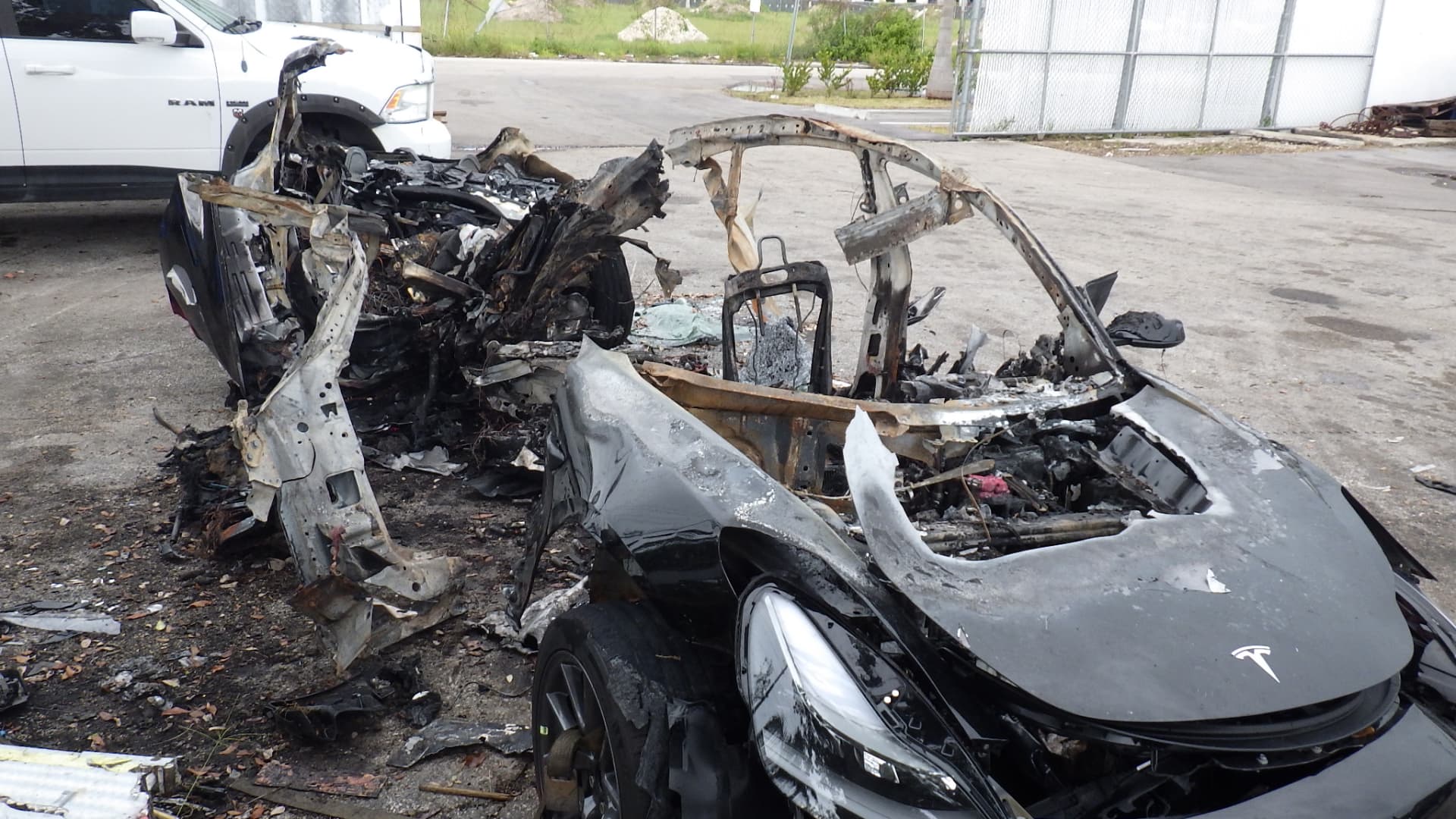Crypto founder behind $60 billion collapse says he is not hiding after Interpol issues arrest notice


Do Kwon, the founder of Terraform Labs, insists he’s not on the run from South Korean authorities after the country’s prosecutors’ office said it had received an international arrest warrant for the cryptocurrency executive.
Kwon’s company was behind the algorithmic stablecoin terraUSD or UST and its sister token luna which, combined were worth around $60 billion and in May collapsed to near-to-nothing.
Contagion spread across the industry with those exposed to terraUSD and luna, including ultra-bullish hedge fund Three Arrows Capital, feeling the pain.
South Korea has been seeking Kwon’s arrest since earlier this month. But prosecutors in the country have alleged Kwon is on the run. On Tuesday, a spokesperson for the Seoul Southern District Prosecutors’ Office in South Korea’s capital city told CNBC that global law enforcement agency Interpol has issued a “Red Notice” for Kwon.
Red Notices are issued for fugitives wanted either for prosecution or to serve a sentence, according to Interpol. The notice is a request to law enforcement worldwide to locate and arrest the person in question. This could then lead to an extradition.
Kwon, however, said he was not on the run, using his Twitter account to hit back at authorities.
“I’m writing code in my living room hbu,” Kwon tweeted in reply to someone asking about his whereabouts.
Kwon insisted he is making “zero effort to hide” saying he goes on walks and to malls.
Kwon also said he does not see his name on Interpol’s “Red Notice” list. The agency does not always make these notices public.
Seoul Southern District Prosecutors’ Office sees Kwon as still being on the run, the spokesperson told CNBC.
Kwon’s Twitter location says he is in Singapore. But earlier this month, the Singapore Police Force said that Kwon was not in the city-state.
The South Korean prosecutors said the purpose of the Red Notice is to locate Kwon, bring him back to South Korea and then officials will decide within 48 hours whether to issue an arrest warrant for him.
— CNBC’s Jihye Lee contributed to this article.
This post has been syndicated from a third-party source. View the original article here.




